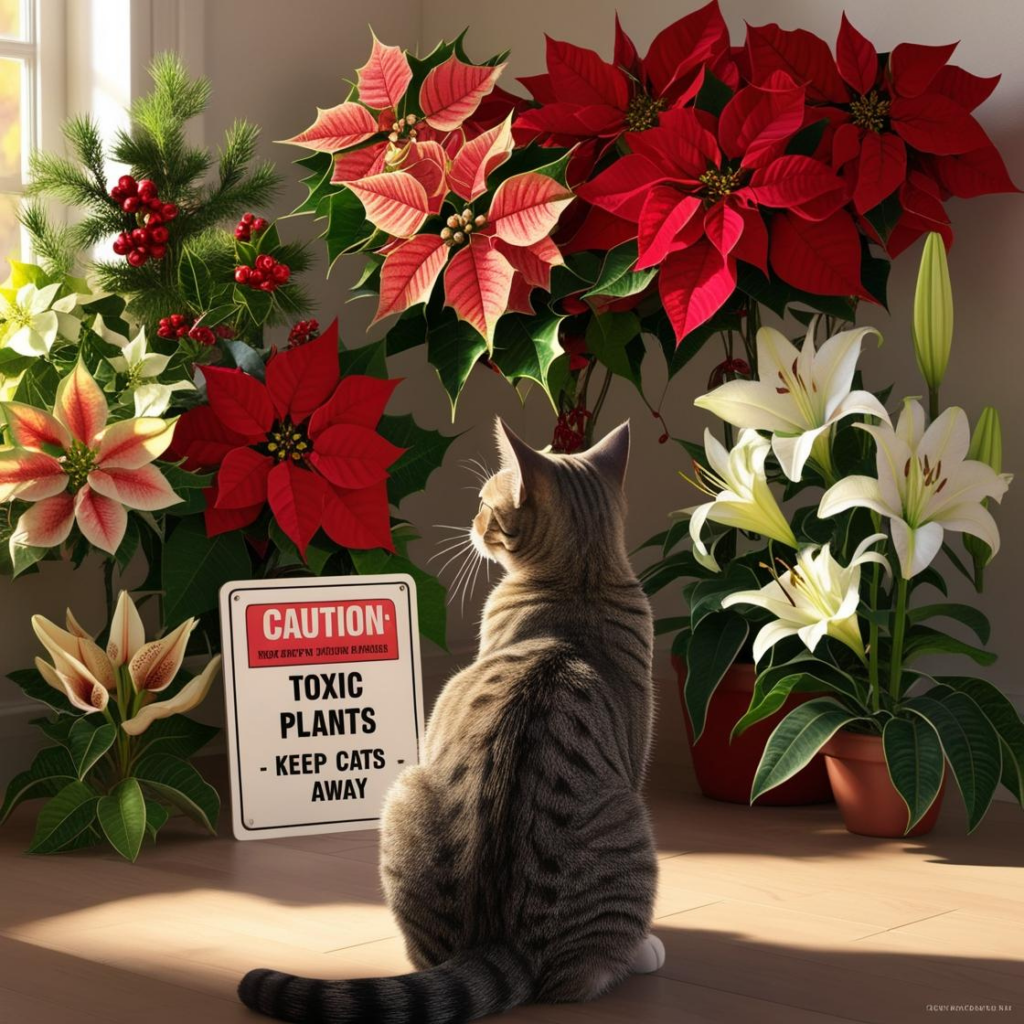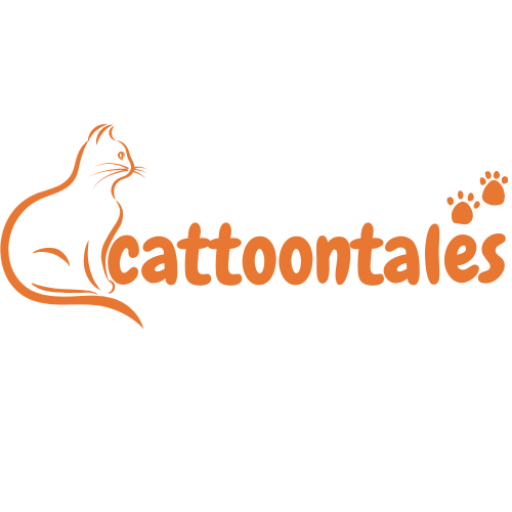The holiday season is a time of warmth, cheer, and beautiful decorations. Many of us decorate our homes with festive plants like poinsettias, mistletoe, and holly to add to the seasonal ambiance. However, if you’re a cat owner, it’s essential to be aware that some of these holiday plants can be toxic to our furry friends.
Cats are naturally curious creatures, and they tend to nibble on plants or bat at them with their paws. This can be a problem, especially when certain holiday plants are highly toxic to cats. To keep your feline friends safe this holiday season, here are five common poisonous plants you should avoid having in your home.

Poinsettia
Poinsettias are a classic holiday decoration, with their bright red and green leaves making them a festive favorite. While they have a reputation for being highly poisonous, the truth is that they are mildly toxic to cats. While the toxicity is not usually life-threatening, it’s best to keep poinsettias out of reach to avoid discomfort for your pet.
Lily
Lilies are undeniably beautiful, making them a favorite among holiday flower arrangements.However, lilies are one of the most dangerous plants for cats, as even small amounts of the plant can be lethal. Even the pollen or water from the vase can cause poisoning, so it’s crucial to avoid bringing lilies into your home altogether.
Holly
Holly is another traditional holiday plant, with its glossy green leaves and bright red berries adding a festive touch to any home. Unfortunately, holly is toxic to cats if ingested, with both the leaves and berries being hazardous. The toxic compounds in holly can cause severe gastrointestinal distress in cats. If your cat eats even a small amount of holly, it may experience vomiting, diarrhea, and in some cases, more severe symptoms like lethargy or difficulty breathing.
Mistletoe
Mistletoe is often hung in doorways for holiday kissing traditions, but it is one of the most dangerous plants for pets, including cats.Ingesting mistletoe can lead to severe symptoms like gastrointestinal upset, drooling, and a slowed heart rate. If a cat consumes mistletoe in significant amounts, it can lead to a life-threatening situation, so it’s essential to keep this plant out of reach of your pets.
Amaryllis
Amaryllis flowers, with their large, trumpet-shaped blooms, are a popular choice for holiday decorating. However, these stunning flowers are toxic to cats, especially the bulb. The bulbs contain compounds called lycorine and other alkaloids, which can cause severe symptoms when ingested.
Consider decorating your home with cat-friendly alternatives such as non-toxic plants like spider plants, Boston ferns, or prayer plants. These can bring some greenery into your home without posing a risk to your furry friend.

Leave a Reply